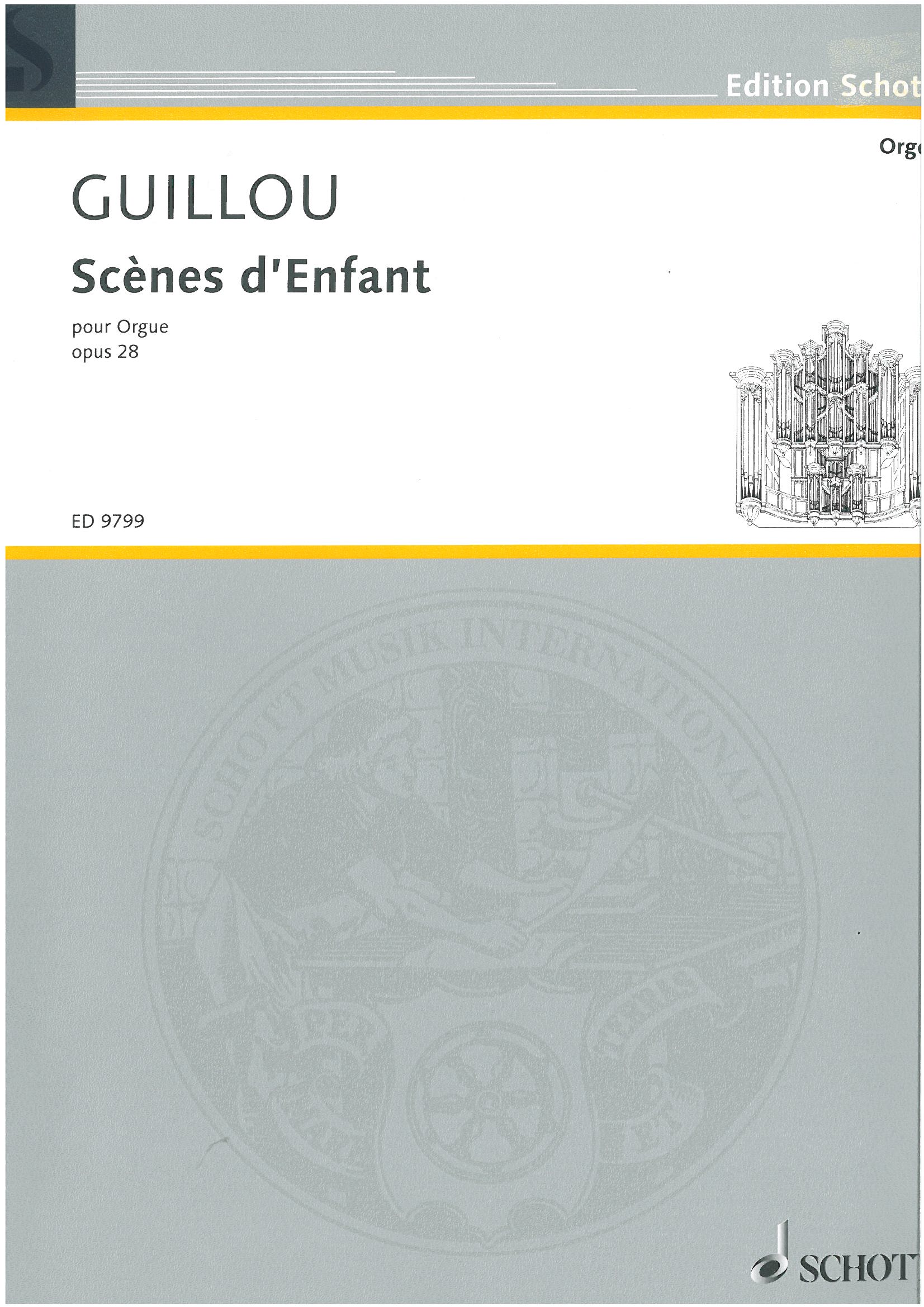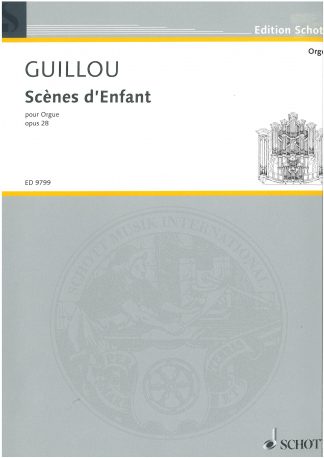Description
Though the work bearing this title is a portrait of childhood, it is a childhood quite different from the purely gameplaying and dreamlike childhood that is customarily represented. The childhood described here is carrying the seed, in all its purity, of all positive and negative qualities to be found the fully-grown men: a childhood both angelic and diabolical, and indeed very close to Henry James’ The Turn of the Screw which was the direct inspiration for this monodrama.Its growth follows the innumerable sudden changes, turns and contrasts of the unsophisticated spirit. There is hardly any development at all, as each idea gives birth to the next or rejects the previons one, being object to every impulse, every tempest, every flux, every fear and delight. After a dreamlike introduction, in which two simple melodies stand out, comes a sudden awakening, Allegro, stamped all over with lavish and forever regenerating dynamism. A sudden halt leads a kind of outburst from the most simple folklore is singing, in regular, repeated notes. Again the question mark leads us to another melody, Tranquillo, of a sweet tempo, but brilliantly decorated with counter-point, its cursive traits leading this time to a kind of roguish march (Vigoroso).Yet soon there emerges a melancholic chant, Largo, in the Cromorne’s timbre, and then, in the highest register of the Trumpet there reappears like a metamorphosed memory, the theme of the second movement. Passing other episodes, we come to Tempo giusto, insistent and glorious, interrupted by other passionate figures, cut off by unsettling silent moments and taken up again in always accelerating volleys.

